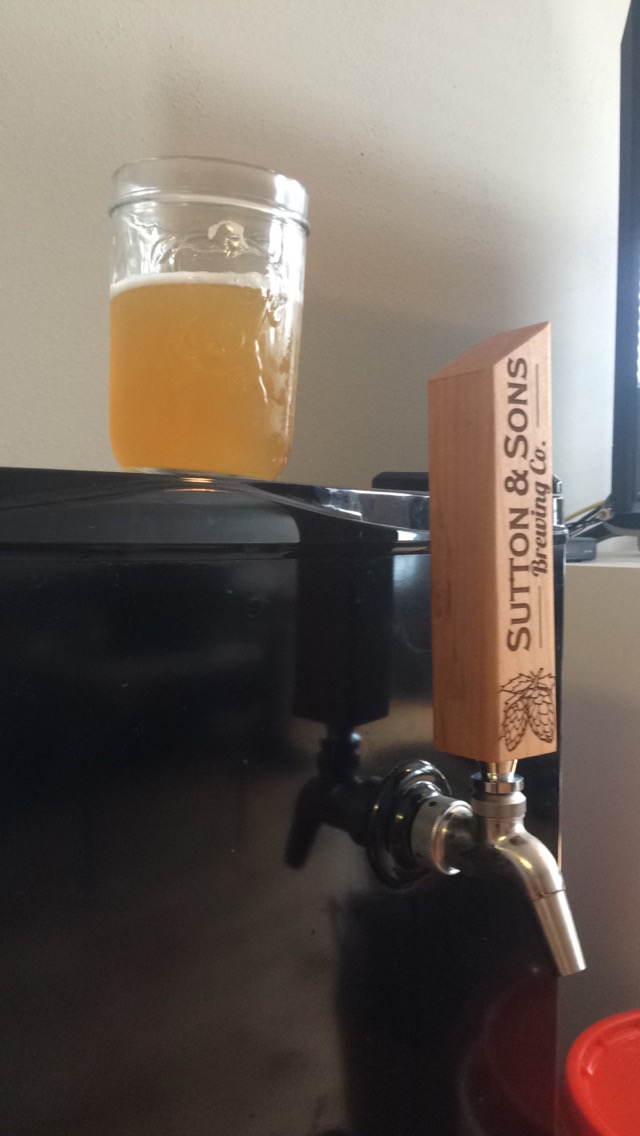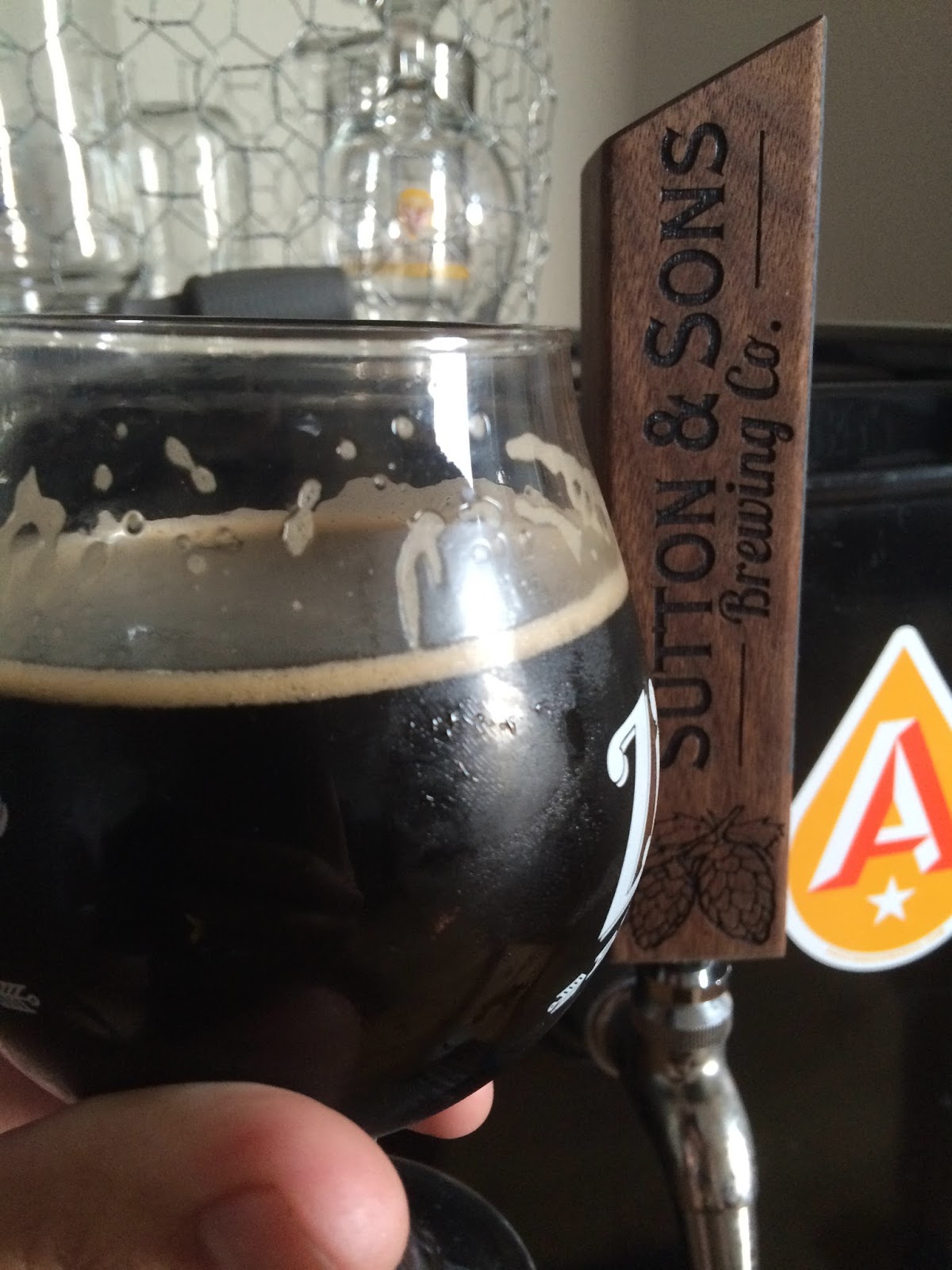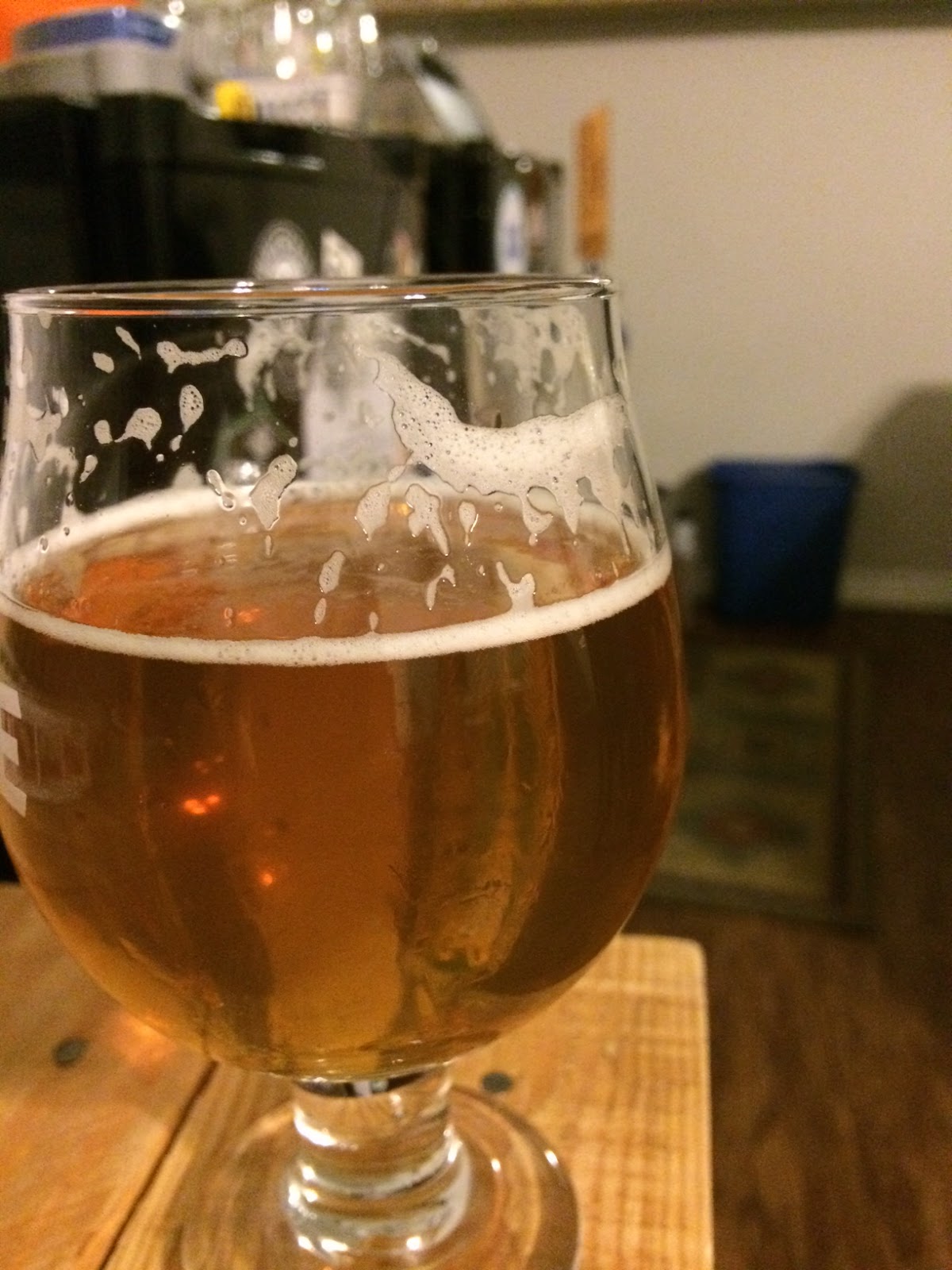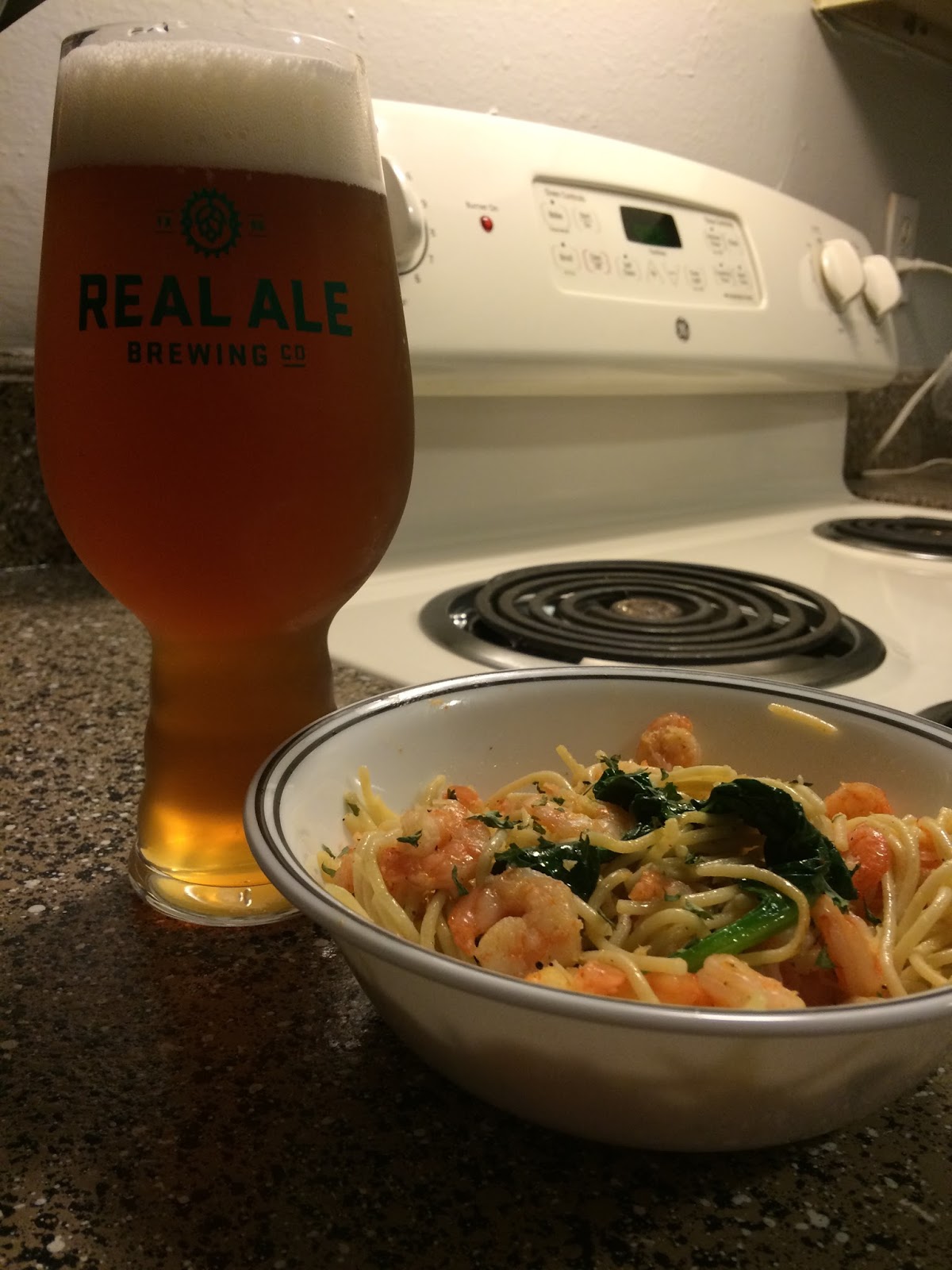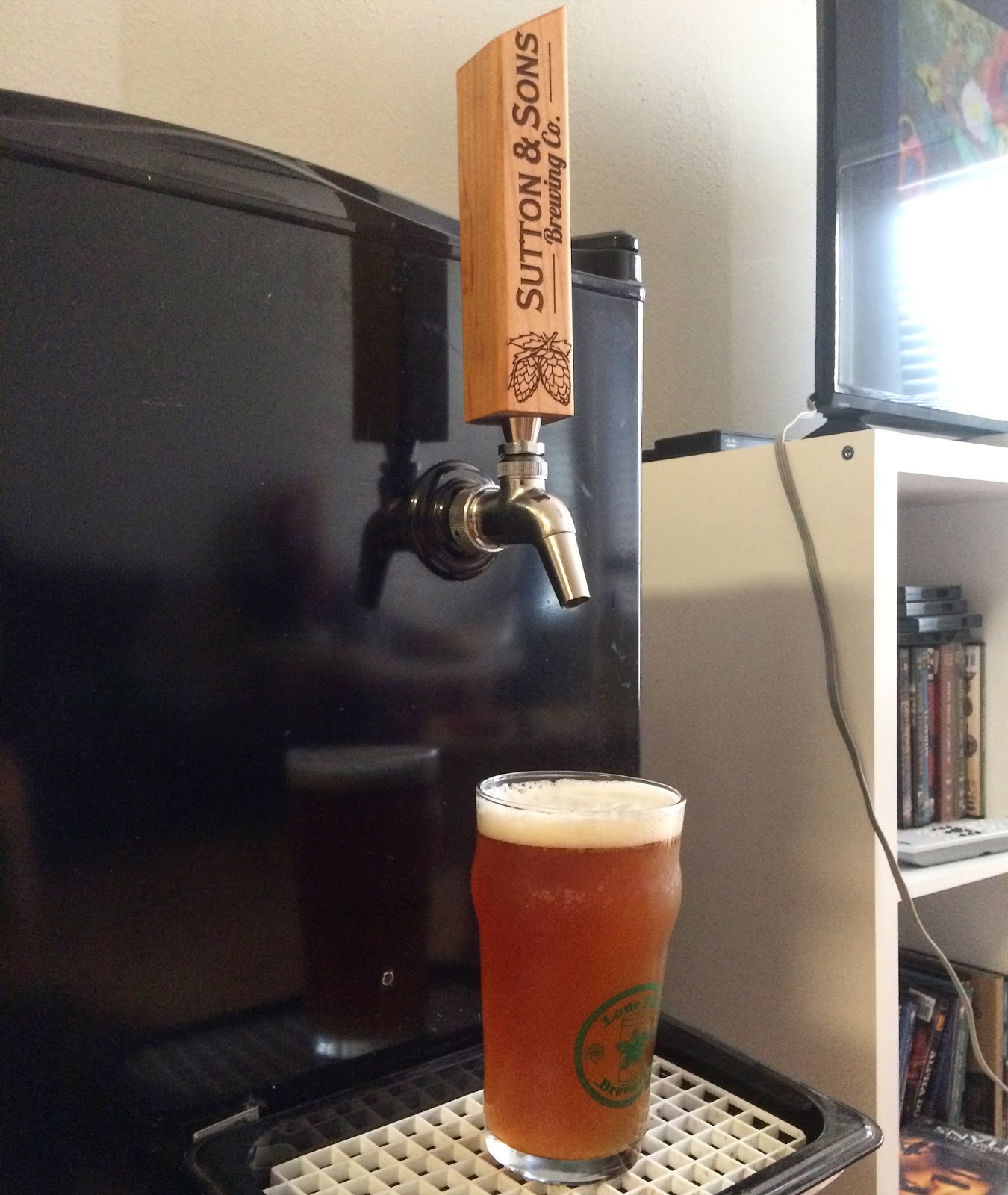Why I Brew
I want to take a minute as I’m applying to a bunch of jobs in the beer industry to articulate the reasons why I brew beer, and why I want to make a career out of it. This is partially for myself, partially, for my peers, and partially for any potential employers.
The first, most obvious reason, is that I enjoy the product. Beer tastes good, and it tastes even better when you had a hand in creating it. My first position in a brewery was as a packaging assistant at Adelbert’s, and even though most of what I did was just packaging and warehouse work, I still felt a sense of pride when I went out and saw beer that I might’ve packaged out at the store. In any company, it’s important that employees feel a connection to the company or product and have a sense of pride in what they do. It carries through the process and ensures that everyone is working together to create the best possible stuff that they can, and we’re lucky in the beer industry that people like me, I think, aren’t rare. We’re all here because we want to make truly great beer that we can be proud of. I hope to sign on with a brewery when I graduate that has a culture of shared excellence like I have described.
I also enjoy the process. With my science and maintenance background, I have a strong appreciation for what it takes to get the final product: beer. Drinking beer is great but it’s hard work to get great, consistent beer from your process. Beer needs high quality raw ingredients, clean equipment, healthy fermentation, and a low oxygen environment to make it out on the streets (the world of off-premise packaged beer). As a scientist, I use the power of analytical instrumentation to help locate a problem, my scientific background to diagnose and find the root of the problem, and my maintenance tech background to help engineer a solution. One simple example, although not related directly to beer, is a problem I encountered at the lab where I work. Our students in the lab run a high volume of High Performance Liquid Chromatography (HPLC) experiments, which involves injecting liquid samples into a heated column and measuring UV/Vis response as the chemical components of the sample “burn” or elute off of the column. If you’re familiar with this instrumentation method, you’ll know that Solid Phase Extraction (SPE) cartridges are used to essentially filter liquid samples to keep particulate matter out of the HPLC, as this can at best, lower resolution and at worst, clog the column completely. SPE is very effective when used properly but is also very slow, and students were employing less than ideal methods of filtering their samples, requiring an excessive amount of maintenance on the HPLC. To help remedy this problem, I and another technician, helped design a regulated vacuum system (SPE manifold) to draw samples through the SPE cartridges at a slow, controlled pressure optimized for the time constraints of the student lab period and for maximizing filtering efficiency. Thus, I used my scientific and technical background to help solve a problem that was slowing us down in lab, but could’ve been pushed under the rug. That was one of my most fun solutions to help design as a student technician, and I think helping the lab improve it’s processes is a good example of how I strive to lead and excel in an role, and will challenge myself to do so.
Finally, I enjoy the influence beer has on culture and people. This is probably the most important reason, otherwise I’d probably stick to homebrewing exclusively. I don’t mean to say that I don’t like homebrewing or that I intend to stop homebrewing because nothing could be further from the truth. I appreciate having autonomous control of my beer in picking styles and recipe development, and I like having good beer on tap in my apartment to share with my friends when they come over. The kegerator makes it appear a little less mad-apartment-scientist-y and I think it gives people a personal perspective on the time, work, and knowledge that goes into brewing good beer. The reason I want to brew professionally, though, is to reach a greater audience. The movement of early humans from a nomadic lifestyle to an agricultural lifestyle was precipitated in part by beer and the desire to brew it. In modern culture, beer can be nearly anything: an enhancement of the senses, heightened by pairing, a social vehicle, a reverent traditional experience, truly anything. If I can help bring people together with beer, help cultivate the palettes of a community, or help others appreciate the product of hand craftsmanship, I think I will be well on the way to finding a meaningful and rewarding career for both me, my employer, and my audience. I don’t want to make this a philosophy blog, but forget work/life balance, wouldn’t it be awesome to have a job that really tied into helping you achieve meaning in life?
It’s too bad they don’t do written interviews.
P.S. Last two homebrews have been some of my favorites yet. My gose was downright thirst quenching and kicked quickly, and my oatmeal stout with 3# oatmeal may kick even quicker.
